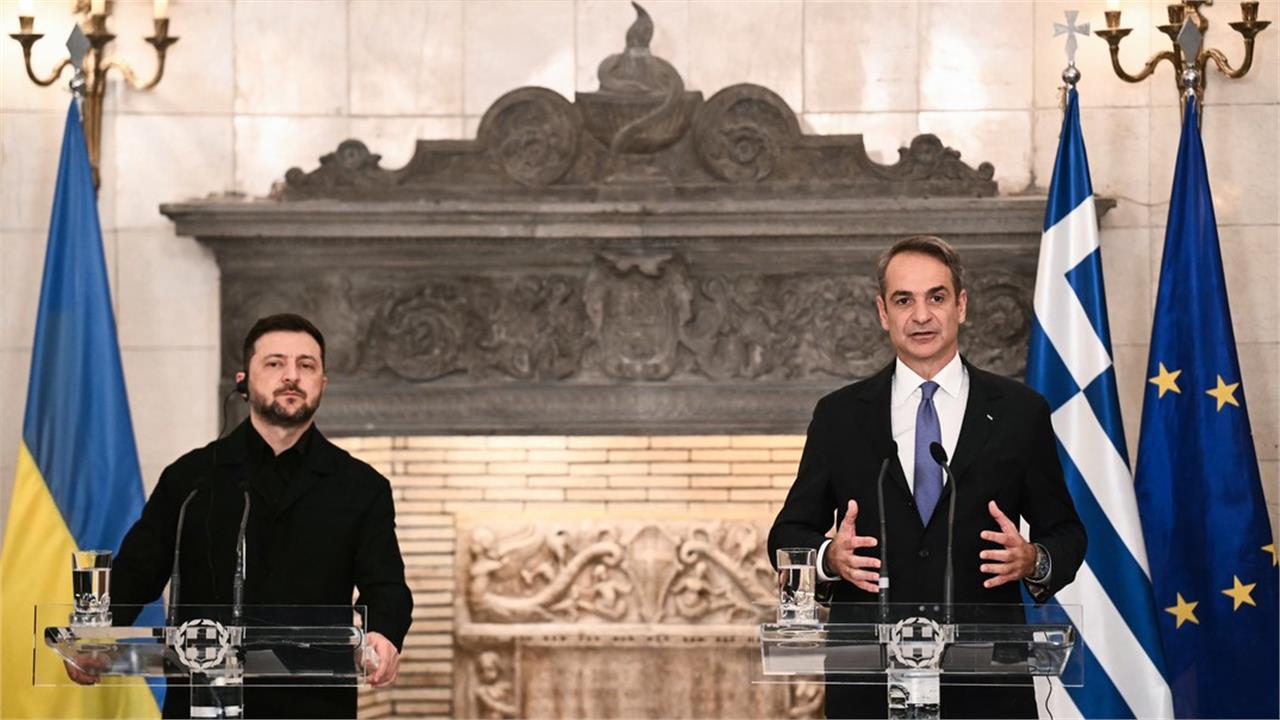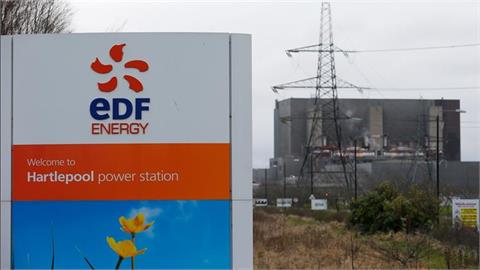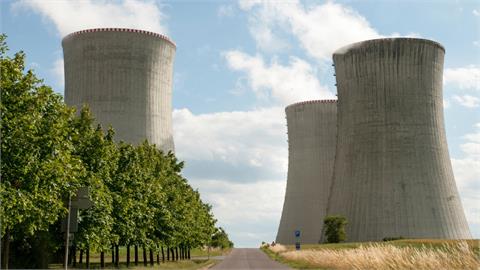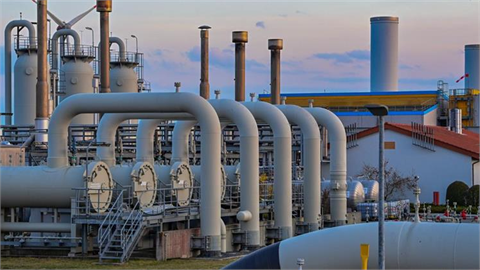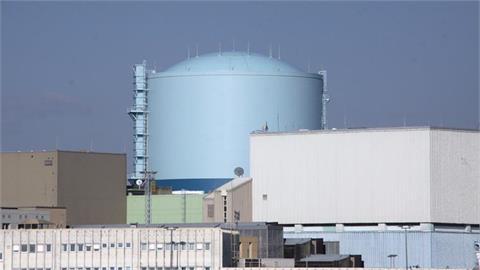Ukraine has signed an “extremely important agreement” with Greece for gas imports to help the country through winter after repeated Russian strikes on its infrastructure, Ukrainian President Volodymyr Zelenskyy said during a visit to Athens on Sunday.
Kyiv’s gas supplies have been hammered by Russian bombing in recent weeks, with nearly 60 per cent of Ukraine’s production disabled at one point last month. Ukraine will spend nearly €2bn on total gas imports to compensate for the losses, Zelenskyy said, but did not say if he had secured enough to last the winter.
“Our agreements with Greece today are an important part of the major energy packet we’ve been preparing to provide Ukraine with gas this winter,” Zelenskyy said in a press conference alongside Greek Prime Minister Kyriakos Mitsotakis. “We rebuild every time the Russians destroy, but it takes time, it takes a lot of effort, it takes equipment.”
The deal between Greek state-controlled energy company DEPA Commercial and Ukraine’s Naftogaz will send natural gas, shipped from the US in liquefied state, through the so-called vertical corridor, which connects Greece to Ukraine via Bulgaria, Romania and Moldova.
The vertical corridor “is a decisive contribution to energy stability and security”, Mitsotakis said. “The relations between our countries are also now acquiring a new, crucial aspect — that of the new, secure energy artery being traced from south to north, from Greece to Ukraine.”
Greece has emerged as a key regional hub for diversifying Europe’s gas supply away from Russia. US energy secretary Chris Wright and interior secretary Doug Burgum signed deals on a visit to Athens this month to boost imports of US LNG for re-export.
Greece’s role in gas transport is expected to expand if the EU moves towards a complete ban on Russian energy.
The deal creates “an ‘energy bridge’ between the infrastructures of Greece and Ukraine, supporting broader European energy resilience,” said Konstantinos Xifaras, chief executive of DEPA Commercial.
Russia’s long-range strike campaign has hit gas facilities nine times since early October, Naftogaz said after a countrywide missile and drone attack on November 8. Multiple Ukrainian cities have experienced heating outages, while strikes on power plants and substations have also forced Kyiv to introduce rolling blackouts in most of the country.
Ukraine would need to import about 4bn cubic metres of gas for winter, Naftogaz head Serhiy Koretsky said in late October.
Zelenskyy also said Ukraine was “actively working” to secure long-term contracts with Azerbaijan, a gas producer and Kyiv ally.
Ukrainian forces are still fighting in the key stronghold of Pokrovsk, as more Russian units entered the city in the past few days, using fog as cover from Ukrainian drones.
Russia has also advanced in the flat agricultural lands of the Zaporizhzhia region, threatening the cut off logistics to the crucial town of Huliaipole. Ukrainian command made a rare admission on Saturday that it had pulled back from the settlement of Novovasylivske “towards a more favourable defensive position”.
(Financial Times 16/11/2025)
